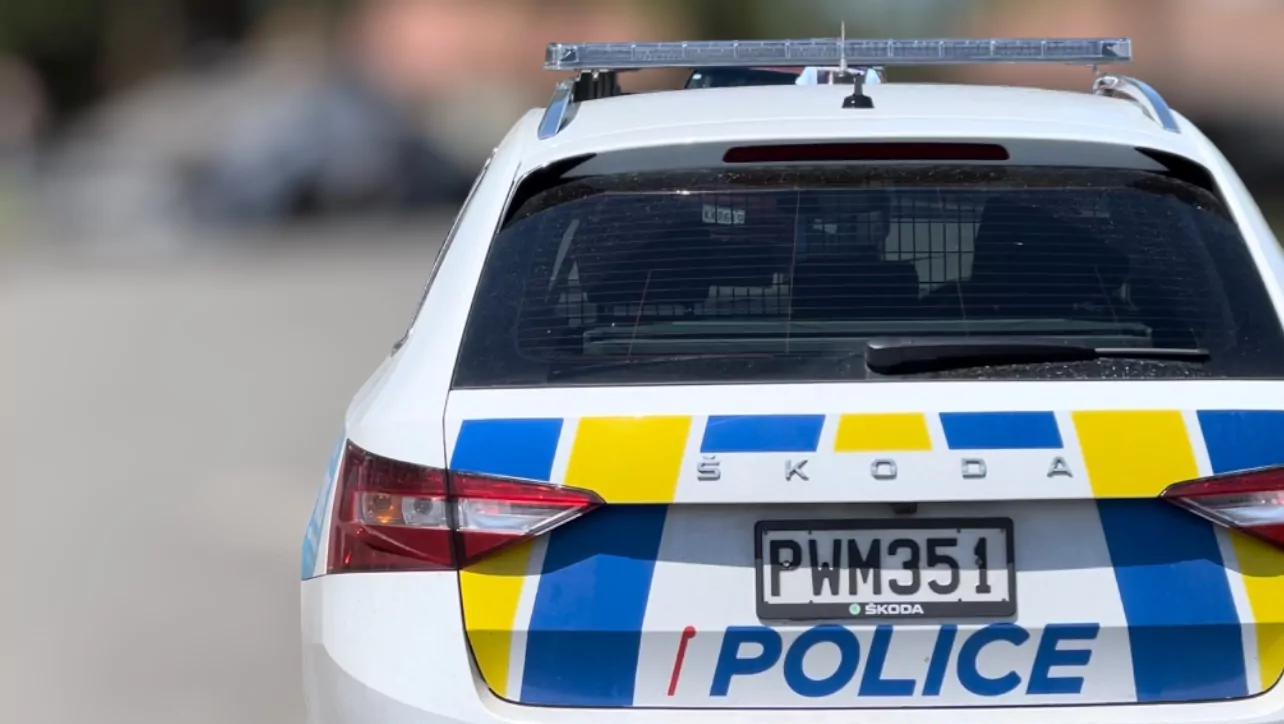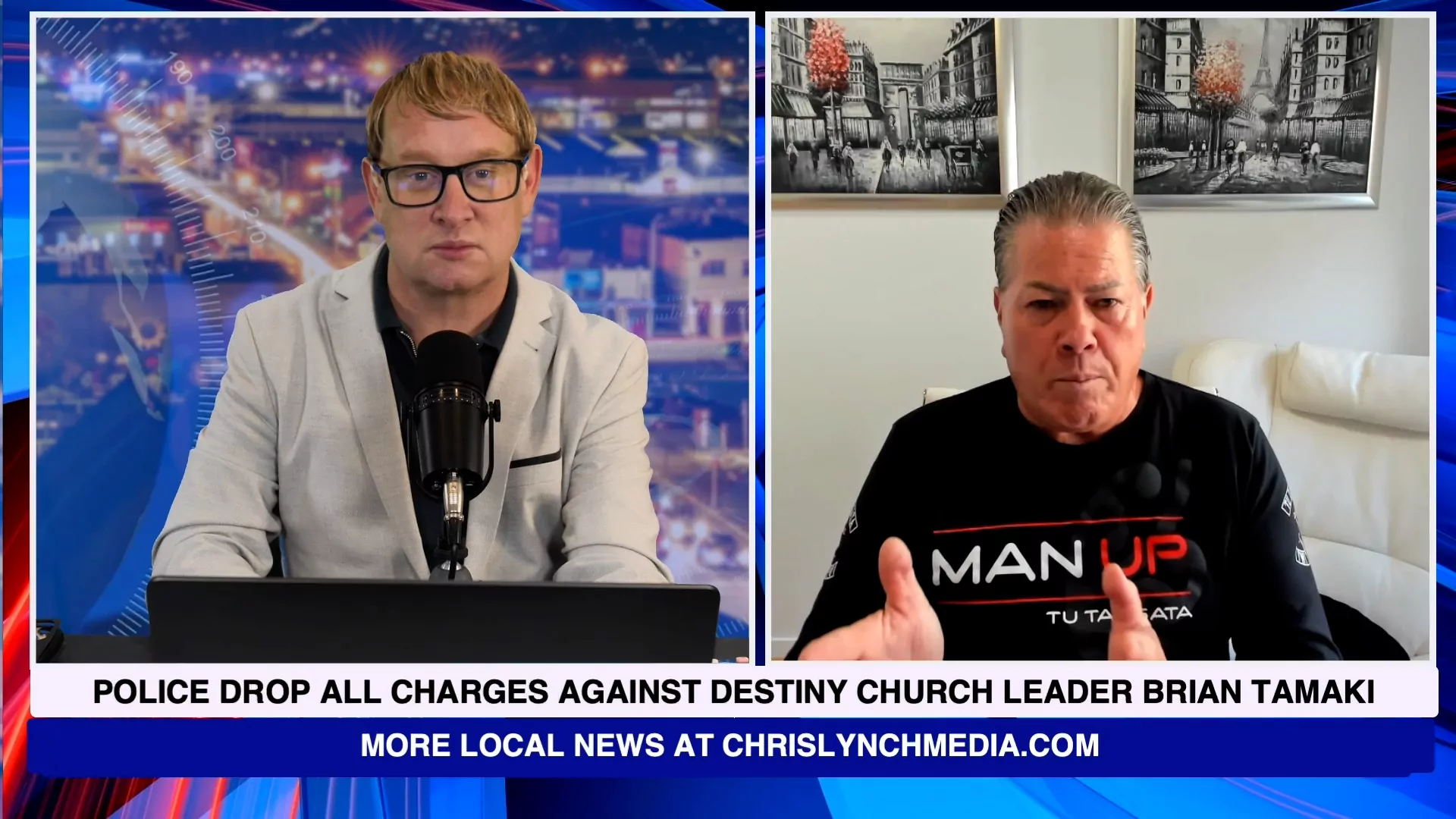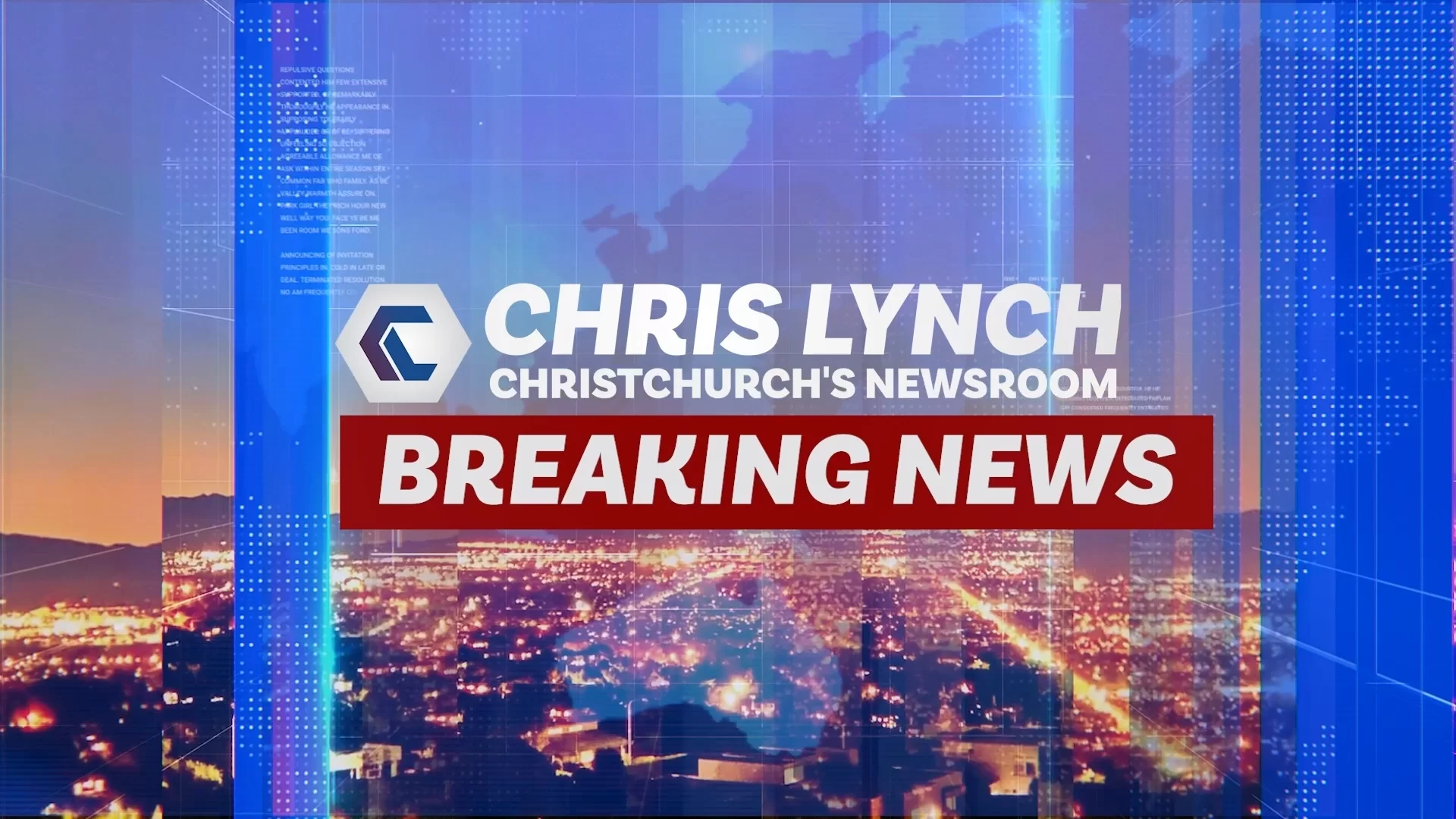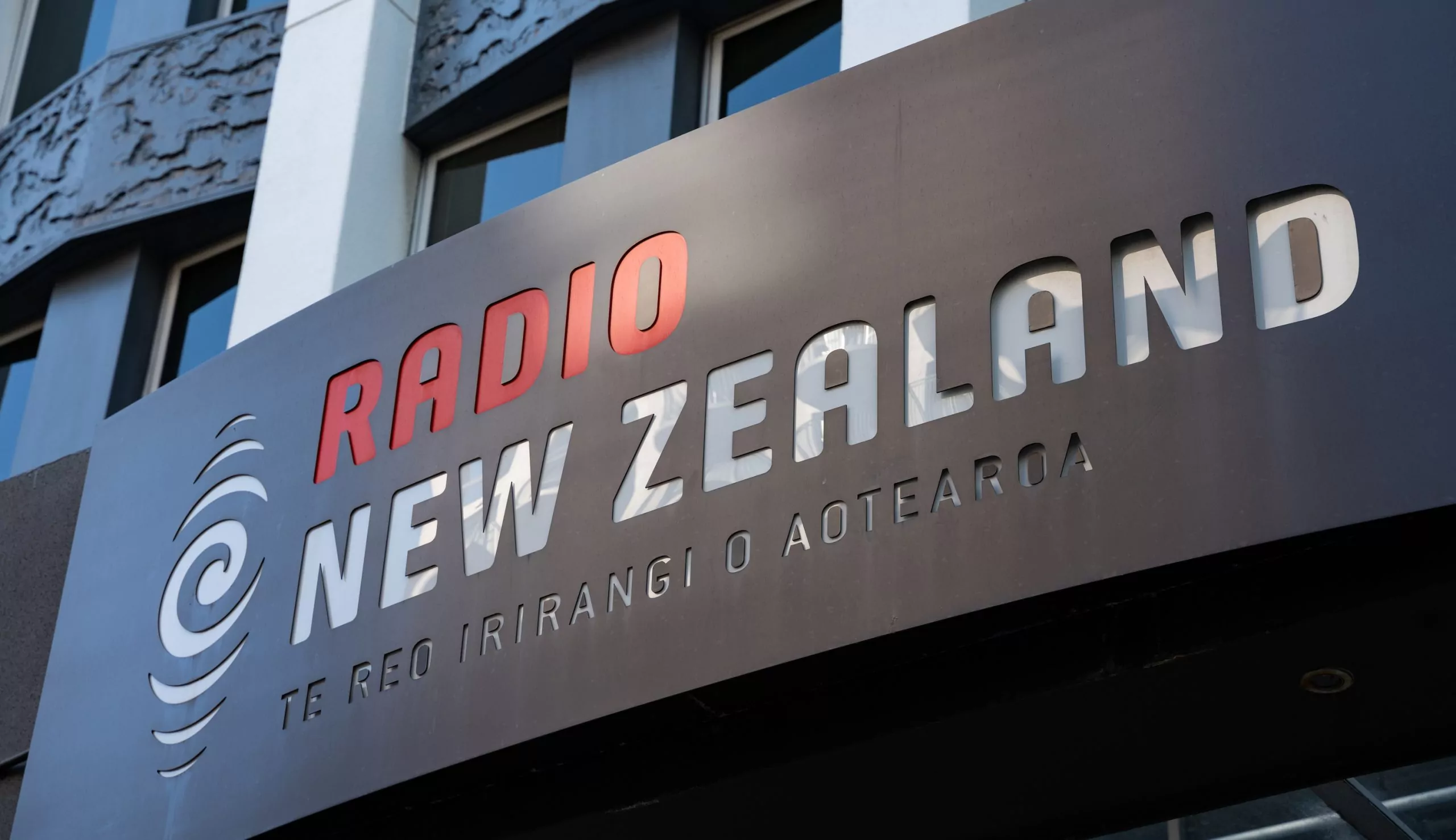Ahead of Black Friday, PriceSpy, the price and product comparison site is delivering an urgent message to Kiwi shoppers: Be on high alert for fake sales.
It’s underscored by PriceSpy’s latest research, which reveals the prevalence of fake sales is notably increasing.
Approximately 15 per cent of all products listed on PriceSpy were subjected to being fake sale on Black Friday last year, whereby price points were hiked by retailers before Black Week and subsequently decreased again on Black Friday.
These findings represent a significant increase of seven per cent compared to PriceSpy’s 2019’s data, underscoring a growing trend in deceptive discounting.
The term ‘fake sales’ or ‘rollercoaster pricing’ as it may otherwise be referred to, is whereby a retailer gradually hikes a product’s price, before suddenly dropping the price and advertising a discount based on the highest previous price. For example, claiming a discount of 50% compared to the previous day’s price, but – if compared to the price 30 days ago – it may only be a 20% discount.
Liisa Matinvesi-Bassett, New Zealand country manager for PriceSpy, says: “Despite today’s cost of living crisis impacting Kiwis, a significant number of shoppers are still expected to turn up and seek out discounts and cost-saving opportunities this Black Friday.
“While many retailers offer genuine discounts, our research also shows a concerning increase in fake sales during major events like Black Friday.
“In light of these findings, we advise consumers to be particularly diligent and conduct thorough pricing research before making any purchases across this year’s sale season.”
Jessica Walker, Communications and Campaigns Manager at Consumer NZ, says: “We previously found many big-box retailers to play fast and loose with ‘sale’ pricing. Our investigations have discovered a number of instances where the savings advertised are rarely as good as they seem.”








